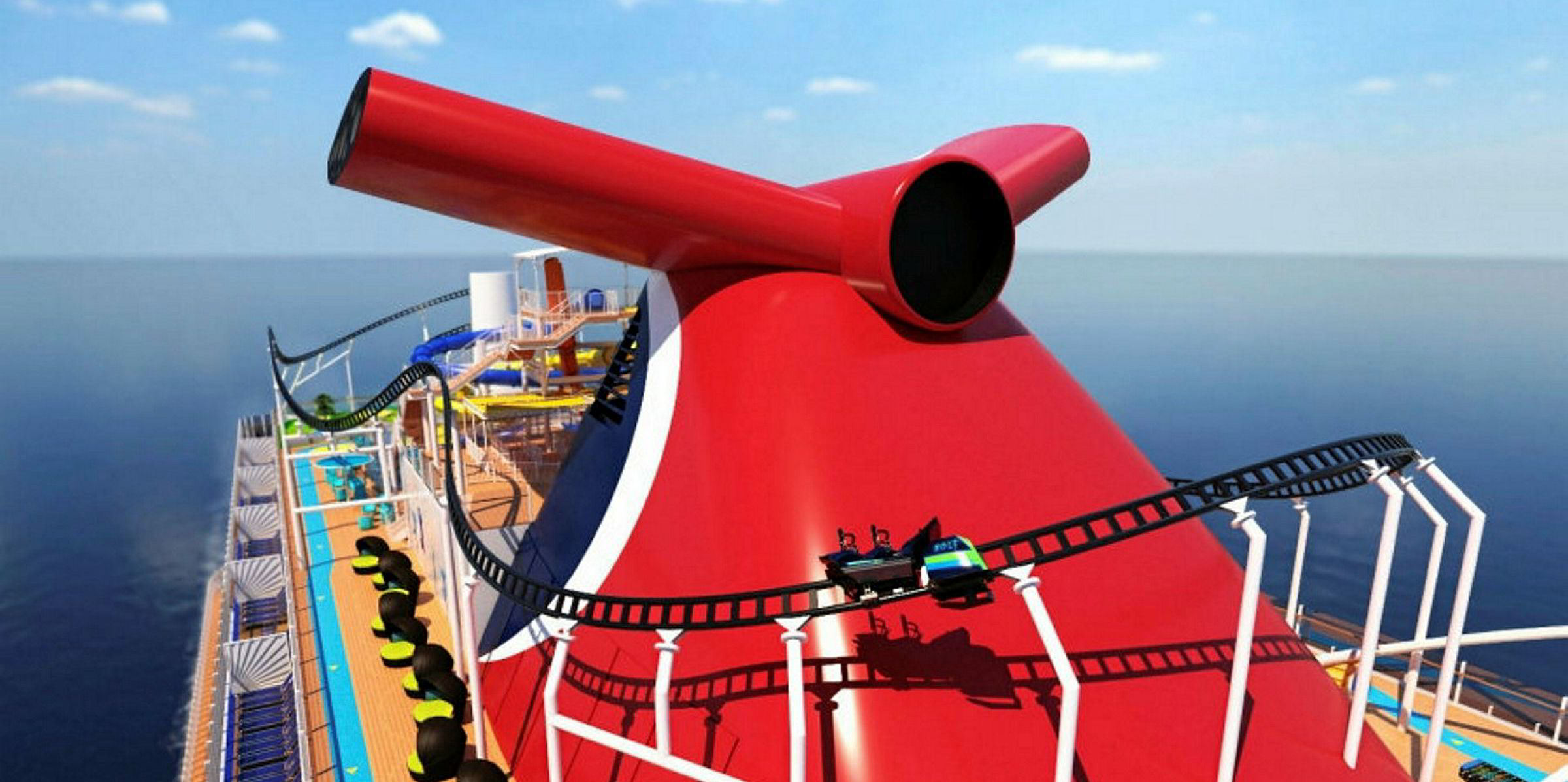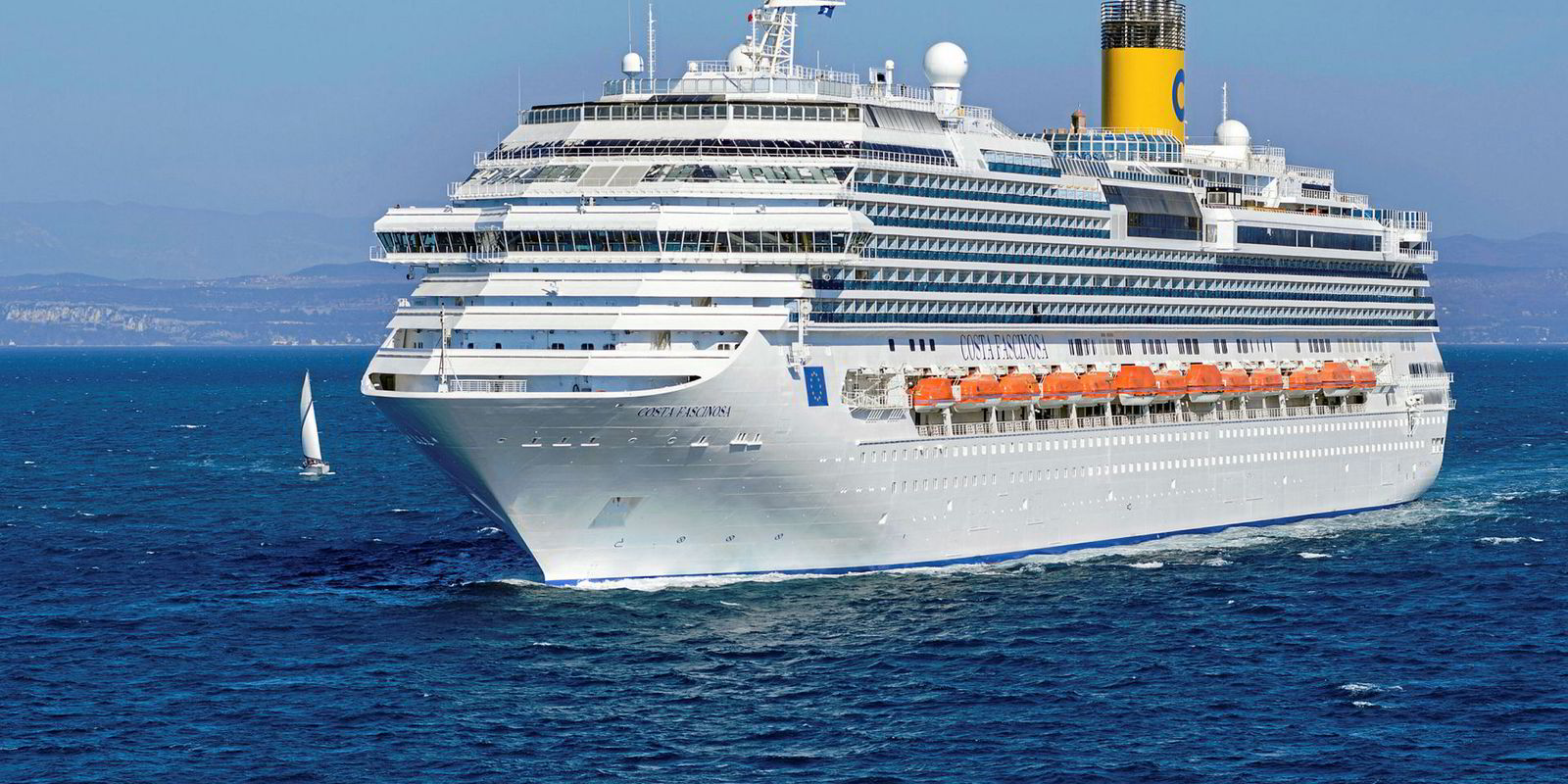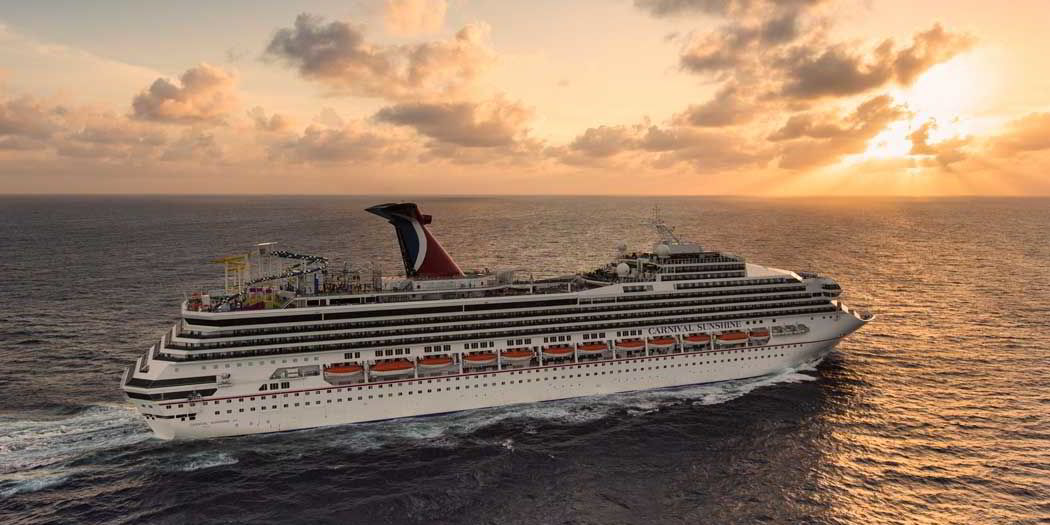The cruise industry is expected to keep gaining steam in the years ahead as it plots new offerings for experience-hungry travellers.
Cruise Lines International Association (CLIA) expects mid-1990s to early-2000s Generation Z — 25% of the US population — to become cruise's largest market as they seek experiences even more than millennials do.
The industry is "going downpage" to both generations with new features such as office space for "working nomads" and female-centred itineraries, Tigress Financial Partners analyst Ivan Feinseth tells TradeWinds.
The cruise industry is on fire. Consumers are spending more on travel than consumer goods because they already have new things, and the cruise industry offers the best value.
"The cruise industry is on fire. Consumers are spending more on travel than consumer goods because they already have new things, and the cruise industry offers the best value."
That value has also allowed the sector to weather economic downturns that have severely hurt other industries such as retail and airline, he says.
"Incredibly cruise has been incredibly recession resistant for 30 to 40 years," he adds.
Tigress expects 12-month revenue to February 2019 to increase 7.3% to $2.26bn for Royal Caribbean Cruises, 5.4% to $5.61bn for Carnival Corp and 1.73% to $1.08bn for Norwegian Cruise Line Holdings.
"We're bullish on the entire cruise industry," he says.
The sector is expected to reel in 30 million passengers for 2019, up 6.4% from this year's projections, according to CLIA's 2019 Cruise Travel Trends and State of the Cruise Industry Outlook Report.
"The coming year's trends truly reflect the intersection between the experiences travellers seek and the cruise industry's innovation," says chief executive Cindy D'Aoust.

New innovations keep them coming
The industry further propels its growth with new innovations such as the Norwegian Joy's and Norwegian Bliss' racetracks and Royal Caribbean's Quantum of the Seas' skydiving simulator, Feinseth says.
"You want to have the first at sea," he adds.
Cruise majors are also offering digital connectivity through wearable technology and smartphone applications on a growing roster of newbuildings, CLIA says.
For example, Royal Caribbean has a location-based application under Project Excalibur, which entails upgrading websites for booking and ship information and upping onboard bandwidth, Feinseth writes in a client note.
"The RCL [Royal Caribbean Cruises] mobile app provides passengers with the ability to make dinner reservations and excursion reservations, along with managing their schedules and getting information about services offered onboard," he says.
Carnival is also offering connectivity through an Ocean Medallion platform as well as new attractions such as a roller coaster onboard the Mardi Gras, Carnival's largest ship set for 2020.
And Norwegian Cruise Line Holdings expects to offer an app on the 4,903-berth Norwegian Bliss, the company's newest ship built this year.
"The cruise industry continues to grow as fast as they can build more ships," Feinseth says.
"Each of the three major cruise operators is introducing approximately one new ship each year and is constrained by the ability of the world’s global shipyards to build new cruiseships."
CLIA expects 14 of its more than 50 members cruise companies to launch 18 ships next year.
"It’s a reflection of the growing global middle class demographic as well as the consumer’s shift toward 'leisure experiences',” SunTrust analyst Patrick Scholes tells TradeWinds. "The orderbook is large."
Luxury cruising gaining steam
Cruise is also attracting more passengers through luxury cruising as more holidaymakers are willing to spend thousands of dollars a night onboard smaller, high-end ships, Feinseth says.
"It's the fastest growing area in cruise," he adds.
Case in point, the 413-square-metre Regent Suite aboard Regent Seven Seas Cruises' 750-berth Splendor, to debut in 2020, is already booked for months at $11,000 per night, he says.
Meanwhile, Royal Caribbean Cruises bought two-thirds of Silversea Cruises for $1bn in June and Carnival ordered in July two 264-berth ultra-luxury passengerships for its Seabourn brand.
"We continue to have new ships with new features and new market opportunities so the outlook for the industry is very positive," Carnival spokesman Roger Frizzell says.





